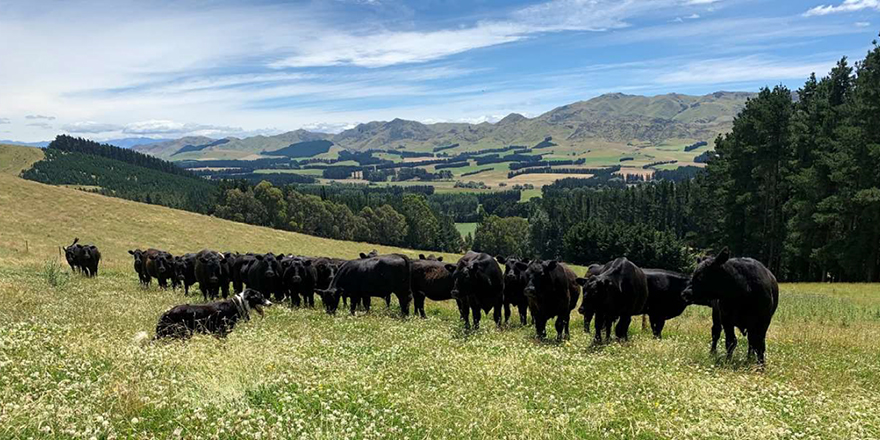
Executive Summary
We certainly can’t argue with the fact that New Zealand has recognised the issues around the future of the Primary Industries workforce. We read about it every day, we have data to prove it and a sector constantly talking about it. Initiatives throughout the country have been set up to try and combat the issue but do we need a more central collaborative solution to the problem?
“Education is the most powerful weapon which you can use to change the world”
Nelson Mandela
With our Primary Industry requiring 50,000 additional skilled workers by 2025 and the world having 10 billion mouths to feed by 2050. The importance of education and skills has never been greater. For many years in New Zealand, Agriculture Education and Training has been a significant topic of discussion. Our future primary sector sits with the young New Zealander’s of today. Generating passion and knowledge early will be a powerful weapon of use in the industry.
The aim of this report is to better understand how students make decisions around career choice and to evaluate the impact that an NCEA Agribusiness study programme in New Zealand has had for the Primary Industries.
The method used for this study is a qualitative and thematic analysis on the current situation, the history and the issues that we are faced with around Agricultural Education in New Zealand. Thematic analysis allows identification of different perspectives around the issue and helps to recognize some possible outcomes. Interviews with Kerry Allen, Agribusiness Project Curriculum Director and Mel Simmons, Agribusiness Advisor were used to gain insight into a newly developed NCEA Agribusiness programme which describes the key challenges as being:
- Perception of the Primary Industries
- Student Attraction
- Teacher Education & Support
- Assessment levels
- Cross Sector Support
With the industry undergoing rapid change and innovation the ability for people to keep up is challenged. The resources and support within our education sector appear to be coming up short. The complexity around education required is quite significant.
When we look at the numbers it is alarming to see where our future knowledge is coming from, what the future of our industry looks like and the pressures we are going to be placing on the people we leave behind to produce off our land and provide science based research and advice. Key recommendations as a result of this research are as follows:
- Offering of Scholarships for career changes to encourage teachers to train in the Agribusiness
- Generate appeal for Primary Industry workers to cross over into education to influence the next generation
- Ensure the promotion of job variety and prosperity within the primary industry is far reaching e.g. students, teachers and parents
- Ability for universities to be able to train teachers in the Agribusiness subject
- Explore the option of being able to integrate throughout the main subjects of the NZ curriculum.
- Create strong collaborative working links between the Ministry of Primary Industries and the Ministry of Education
Recognising the primary sector workforce issues isn’t the hard part but coming up with successful solutions is. The ability to help alleviate challenges continually faced by initiatives like the Agribusiness programme lies within the industry and could be the key that unlocks the door.
Download and read the full report here




